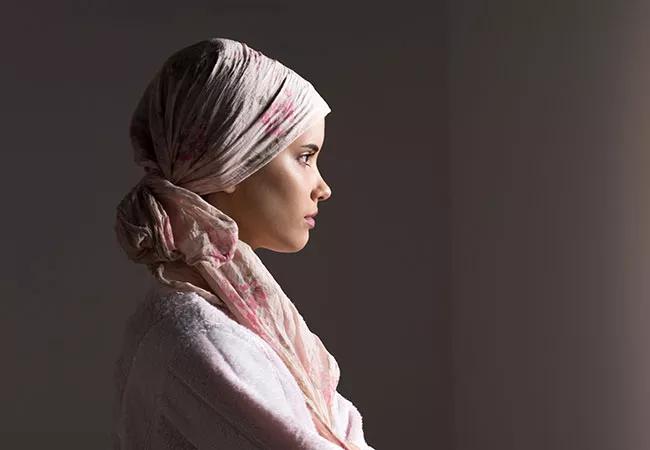Adolescent and young adult patients face unique challenges that oncologists should consider

A cancer diagnosis is life-changing, but it can be an especially disconcerting time for teenagers and young adults, who are still coming to terms with their identities, their bodies and their life paths.
Advertisement
Cleveland Clinic is a non-profit academic medical center. Advertising on our site helps support our mission. We do not endorse non-Cleveland Clinic products or services. Policy
This special group of patients is both medically and psycho-socially distinct from other, older and younger people with cancer. They may feel out of place in either pediatric or adult practices.
In his latest New York Times column, Cleveland Clinic Cancer Center hematologist/oncologist Mikkael Sekeres, MD, MS, draws insights from his experiences treating a 20-something lymphoma patient.
His main messages to colleagues who may be a generation or more removed from their young adult cancer patients: Be aware, be sensitive, and don’t prejudge.
Read Dr. Sekeres’ full column here.
Advertisement
Advertisement

First-of-its-kind research investigates the viability of standard screening to reduce the burden of late-stage cancer diagnoses

Global R&D efforts expanding first-line and relapse therapy options for patients

Study demonstrates ability to reduce patients’ reliance on phlebotomies to stabilize hematocrit levels

A case study on the value of access to novel therapies through clinical trials

Findings highlight an association between obesity and an increased incidence of moderate-severe disease

Cleveland Clinic Cancer Institute takes multi-faceted approach to increasing clinical trial access 23456

Key learnings from DESTINY trials

Overall survival in patients treated since 2008 is nearly 20% higher than in earlier patients